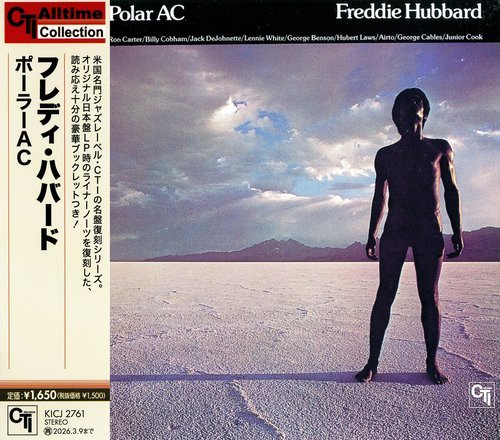Steffen Schleiermacher - Feldman: The Late Piano Works (2008)

Artist: Steffen Schleiermacher
Title: Feldman: The Late Piano Works
Year Of Release: 2008
Label: MDG Scene
Genre: Classical
Quality: FLAC (tracks)
Total Time: 02:54:44
Total Size: 419 Mb
WebSite: Album Preview
Tracklist: Title: Feldman: The Late Piano Works
Year Of Release: 2008
Label: MDG Scene
Genre: Classical
Quality: FLAC (tracks)
Total Time: 02:54:44
Total Size: 419 Mb
WebSite: Album Preview
CD 1
1. Triadic Memories01:20:44
CD 2
1. For Bunita Marcus01:11:48
CD 3
1. Piano32:29
2. Palais de Mari22:49
Performers:
Piano – Steffen Schleiermacher
Triadic Memories is one of Morton Feldman's most popular and frequently performed works for piano. Here, more than is usual in his music, Feldman uses the repetition of patterns and gestures. The repetitions are rarely exact -- they are characterized by very subtle rhythmic variations -- but almost every gesture, whether large or small, is repeated a few or many times. The repeated figures, while all being quiet and relatively simple and brief, vary in their length, structure, and texture. The unpredictability of the number of repetitions, the asymmetry of the repeated figures, the avoidance of a regular pulse, and the subtlety with which Feldman alters the repetitions keep the music continually intriguing for the attentive listener. Because of its use of discernible repeating patterns, Triadic Memories may be the Feldman work that's closest to the popular understanding of minimalism, although the music sounds absolutely nothing like that of Glass or Reich or Riley. While Triadic Memories is more eventful than much of Feldman's work, its quiet, isolated but related events occurring in a vast temporal landscape create an effect of unhurried serenity that's a trademark of the composer's.
The composer gives the pianist considerable leeway in determining the tempo, to the extent that the recorded performances have durations ranging from 74 minutes (Jean-Luc Fafchamps on Sub Rosa) to two hours and four minutes (Sabine Liebner on Oehms Classics). Clocking in at 80 minutes, Steffen Schleiermacher's interpretation is among the more expeditious. His reading is thoughtful and carefully considered, with each note placed with sensitivity in relation to its neighbors. Schleiermacher's reading is wonderfully fluid, and the speed at which he plays creates an organic sense of wave-like motion. It's intriguing to imagine how a very slow performance would come off, but Schleiermacher's is a fully persuasive version of a piece that could have a number of very different but valid interpretations. MGD's natural, unprocessed sound is, as is typical for the label, immaculate and vivid.
The composer gives the pianist considerable leeway in determining the tempo, to the extent that the recorded performances have durations ranging from 74 minutes (Jean-Luc Fafchamps on Sub Rosa) to two hours and four minutes (Sabine Liebner on Oehms Classics). Clocking in at 80 minutes, Steffen Schleiermacher's interpretation is among the more expeditious. His reading is thoughtful and carefully considered, with each note placed with sensitivity in relation to its neighbors. Schleiermacher's reading is wonderfully fluid, and the speed at which he plays creates an organic sense of wave-like motion. It's intriguing to imagine how a very slow performance would come off, but Schleiermacher's is a fully persuasive version of a piece that could have a number of very different but valid interpretations. MGD's natural, unprocessed sound is, as is typical for the label, immaculate and vivid.




![Lionel Hampton - Jam Session (Remastered) (2022) [Hi-Res] Lionel Hampton - Jam Session (Remastered) (2022) [Hi-Res]](https://www.dibpic.com/uploads/posts/2025-12/1766651558_e3euc7osig6ec_600.jpg)


![The Ray Conniff Singers - Christmas With Conniff (1959) [Hi-Res] The Ray Conniff Singers - Christmas With Conniff (1959) [Hi-Res]](https://img.israbox.com/img/2025-12/22/w61i7ykfwmkn3wgh8p5soibu1.jpg)
![VA - Who Loves You? A Tribute To Jaco Pastorius (2003) [Hi-Res] VA - Who Loves You? A Tribute To Jaco Pastorius (2003) [Hi-Res]](https://www.dibpic.com/uploads/posts/2025-12/1766570996_r8byrhmtd2qlc_600.jpg)